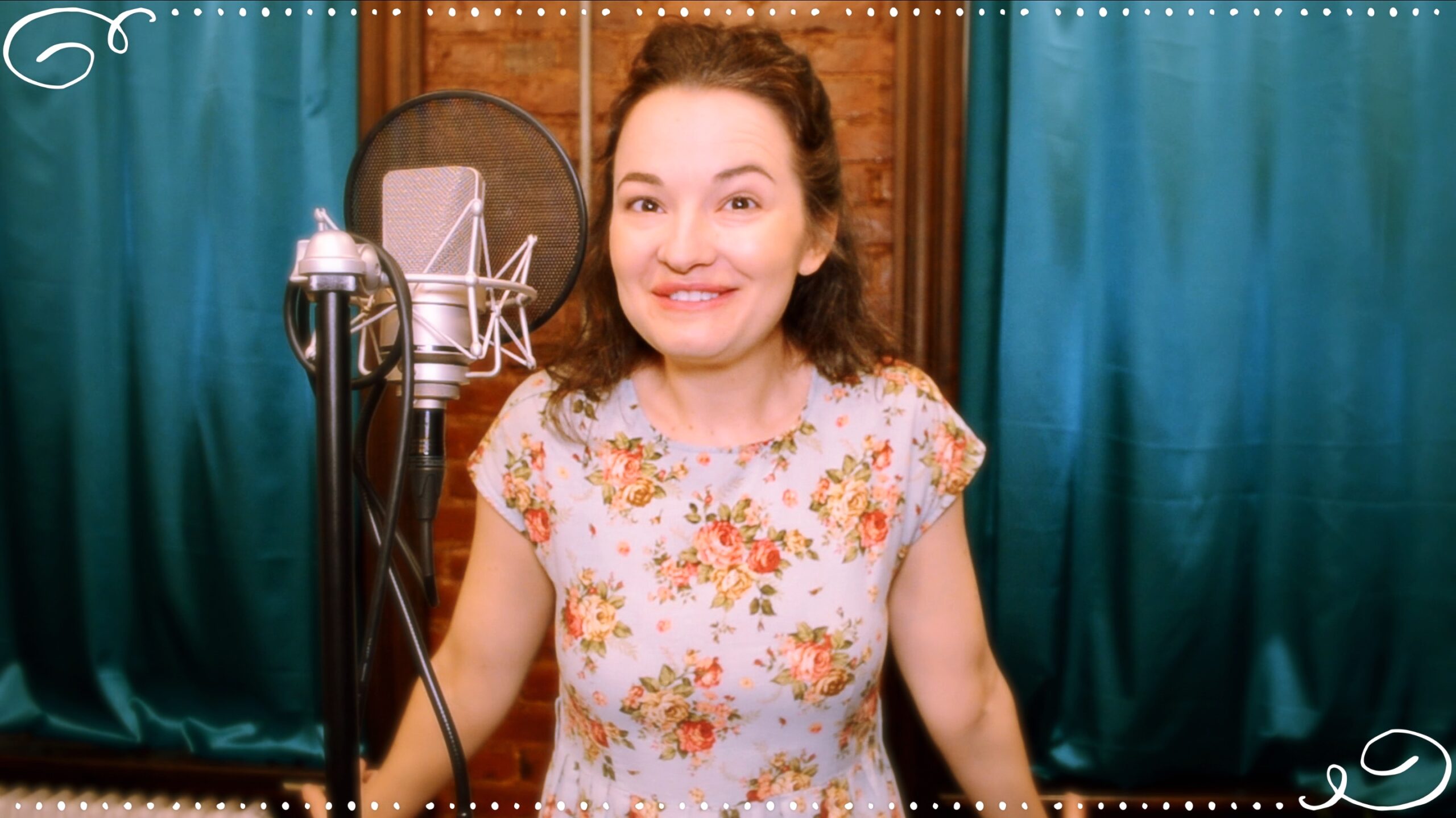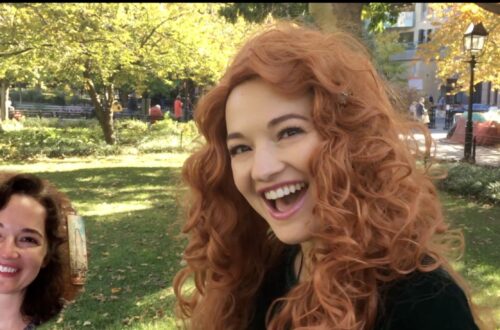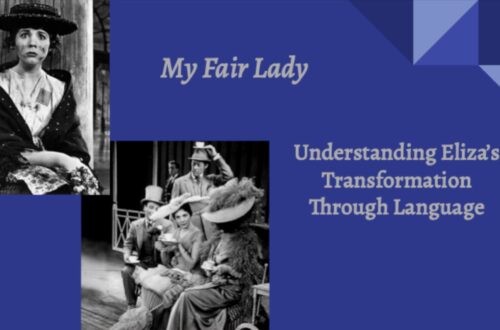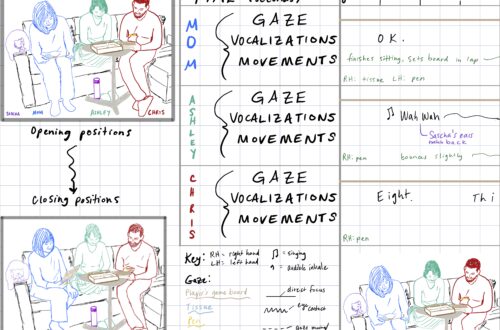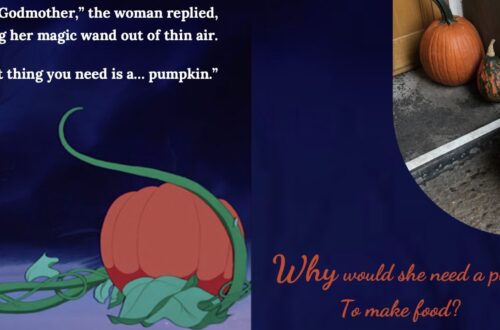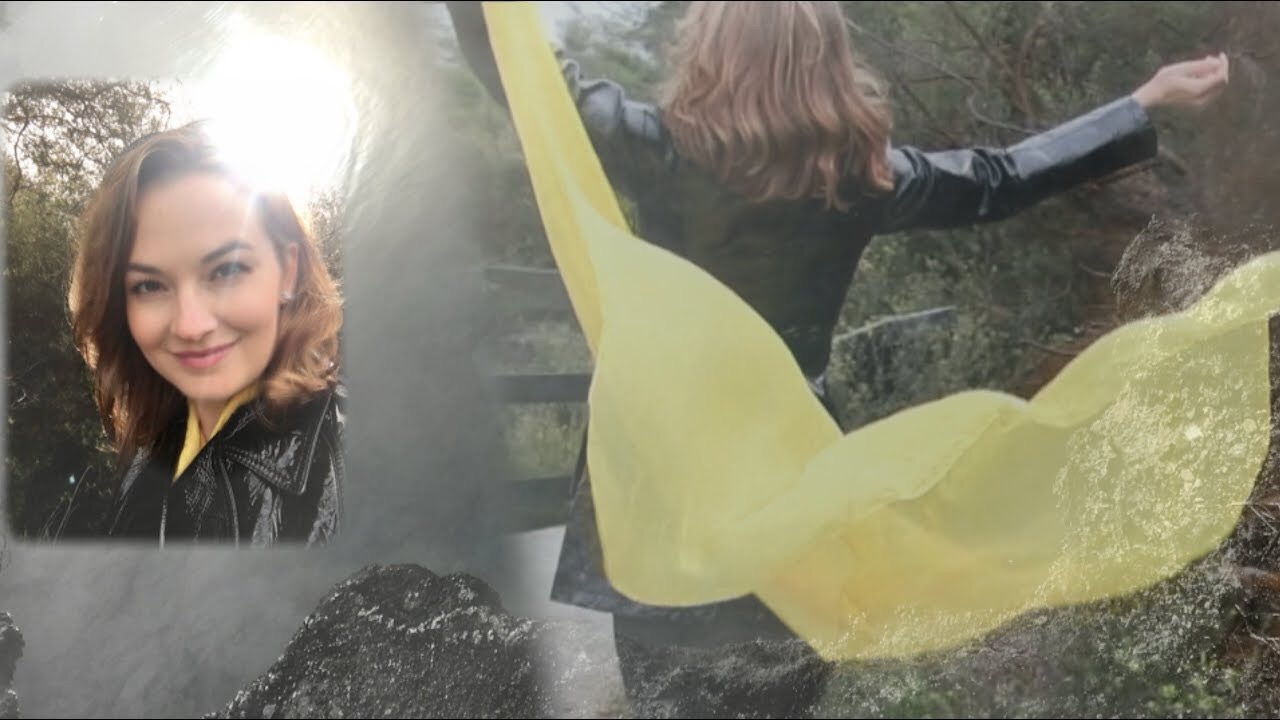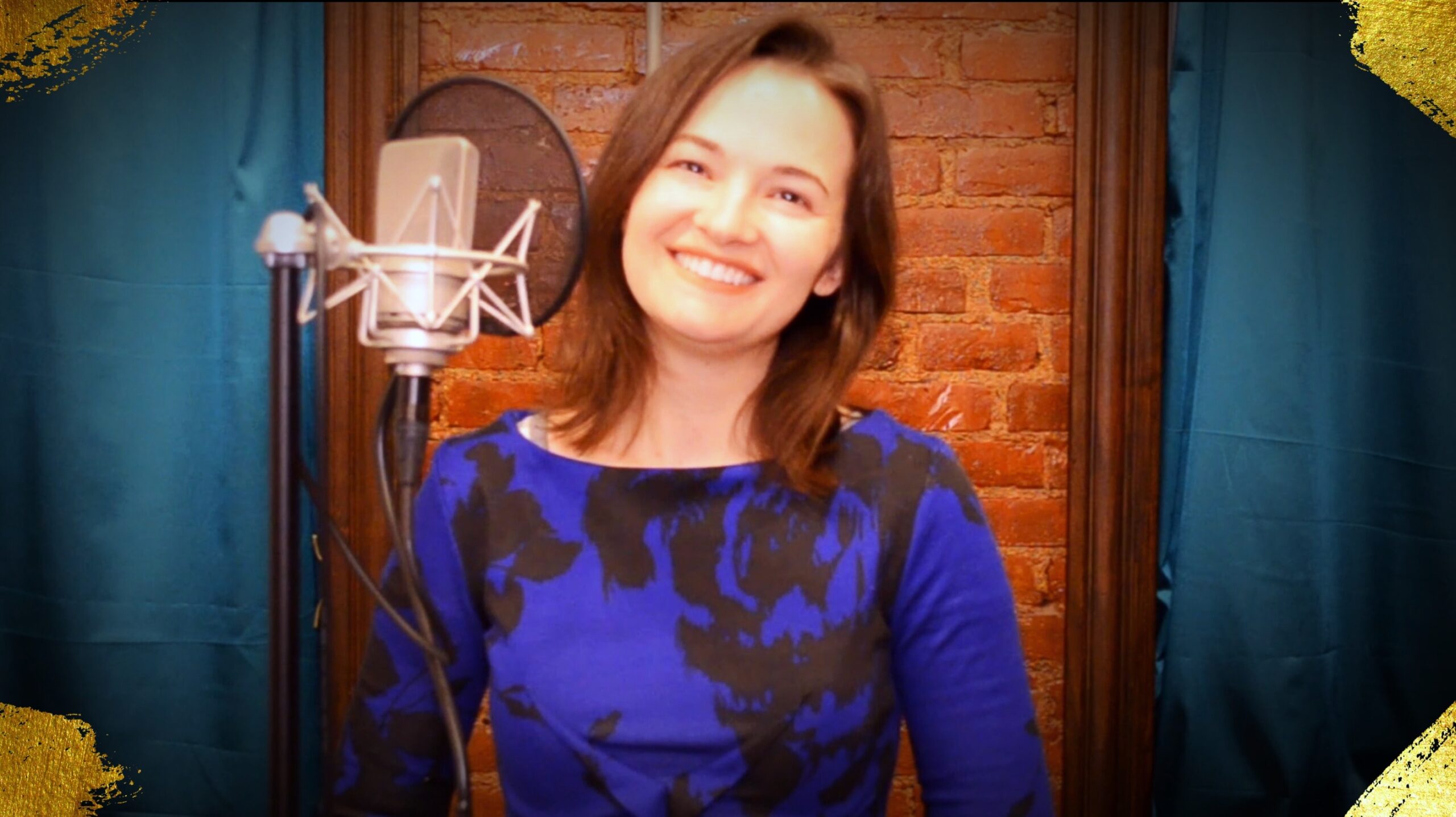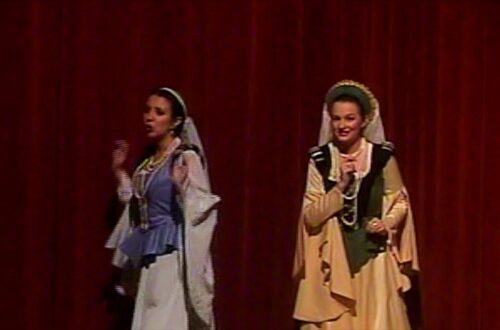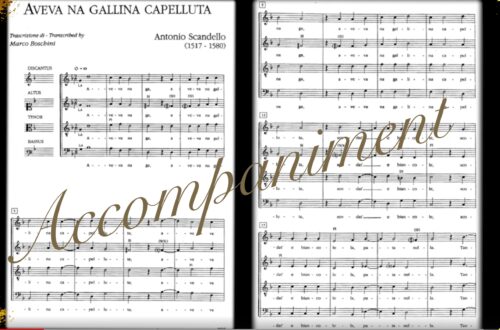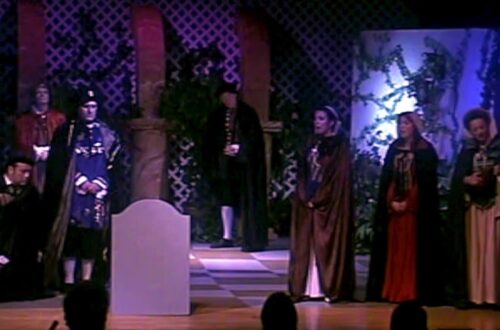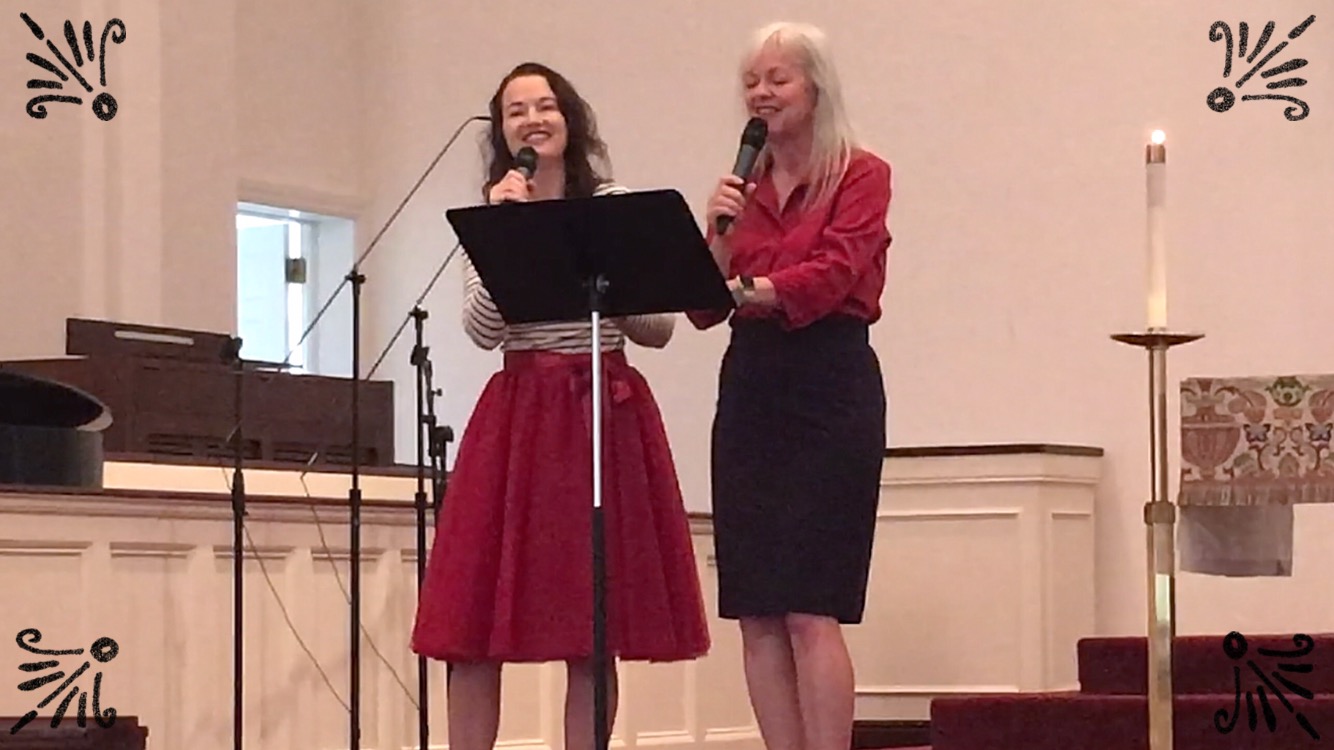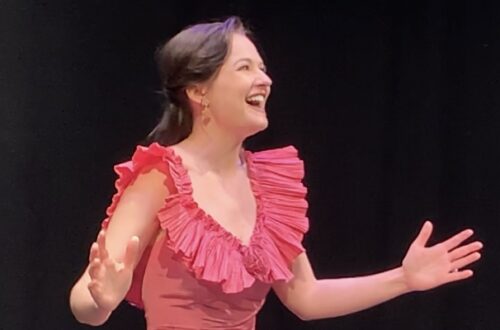-
“Like Other Girls”
It’s my last #WeeklyWednesday of the #NYU semester! I hope you enjoy this really sweet song from the musical “Daddy Long Legs,” with music and lyrics by Paul Gordon and book by John Caird, based on the charming 1912 novel by Jean Webster! You can sing along to the accompaniment I used here: https://youtu.be/VB0bWun_Vbk Thanks to MusicalPracticeTracks for the great track! Thank you for watching, and see you next week!#AshleyWagnerArts
-
Social Messages in “The Sound of Music”
New York University, 2019. Musical Theatre History. Mother Abbess: “These walls were not made to shut out problems. You have to face them. You have to find the life you were born to live.” Maria: “How do I find it?” Mother Abbess: “Look for it. Climb every mountain… till you find your dream.”[1] These words first inspired audiences 60 years ago, and their message of facing one’s problems and persisting against odds to pursue an authentic life has become universal – echoed in recent megahits like Frozen and Wicked, and substantiated by decades of research in the social and behavioral sciences that simply did not exist when they were penned.…
-
Happy Working Song! (Disney’s “Enchanted”)
Springtime is finally here in the Northeast!! School is busy, so for this #WeeklyWednesday, I’m throwing it back to a performance I had so much fun doing at the National Cherry Blossom Festival! Washington, DC, is particularly beautiful when the cherry blossoms are blooming! “Happy Working Song” is from the Disney movie “Enchanted,” with music by Alan Menken and lyrics by Stephen Schwartz. Giselle sings this piece à la Snow White, but with some slightly less cuddly helpers ? My version here is only a cut of the song, as I sang it as part of a medley (and the other songs from that medley are already online) – someday…
-
“Thank You for the Music”
I resonate strongly with the sentiment in this ABBA song and hope I’ve adequately communicated the joy and honor it is to me to be able to make music. Thank you for the role you play in helping me – I very much appreciate your support and your taking the time to watch my videos! “Thank You for the Music” was written by ABBA members Benny Andersson and Björn Ulvaeus, and included in the “Mamma Mia” stage and screen musicals (and if you haven’t seen those, check them out! They’re a lot of fun, with poignant moments, too). Thank you to breinie17xq for this beautiful accompaniment! You can sing along here: https://youtu.be/hx1K9P-Kw_A Looking…
-
“What Does He Want of Me?”
Today’s #WeeklyWednesday is from a story I love… to me it symbolizes the conflict we all face between idealism and reality. The musical “Man of La Mancha” is based on the life of Miguel de Cervantes and his beloved novel Don Quixote. Aldonza sings “What Does He Want of Me” in response to “Don Quixote”’s way of viewing the world and treating her with dignity, respect, and honor – possibly the first time in her life someone has shown her such love. I think she sings it with a mixture of disbelief and hope that the world could be different from the way it seems to be. Thank you for…
-
“Stay With Me”
Today’s #WeeklyWednesday video comes from Stephen Sondheim and James Lapine’s “Into the Woods,” and focuses on parental love. In the stories of most characters in this show, we see the complications of decisions, viewpoints, and our own familial histories. I believe the Witch deeply loves and wants the best for Rapunzel, and tries to protect her in a way the Witch’s own mother never did. I hope you enjoy my rendition of “Stay with Me”! I really enjoyed coaching this piece in my NYU Song Analysis class last semester and found insights into the character I had never before considered. Thank you very much for watching and supporting me –…
-
“The Merry Widow” and Women’s Roles
New York University, 2018. Musical Theatre History. “The arts are an even better barometer of what is happening in our world than the stock market or the debates in congress.” Hendrik Willem Van Loon, Dutch-American historian, journalist, and author. The arts have always reflected society – often depicting cultural values and norms, satirizing persistent problems, highlighting changes that are brewing, and pushing boundaries. The Merry Widow provides a revealing lens through which to examine established and changing gender roles and expectations in the West around the turn of the twentieth century. From Henri Meilhac’s 1861 comedy L’attaché d’ambassade, the team of Viktor Léon and Leo Stein (librettists) and Franz Lehár (composer)…
